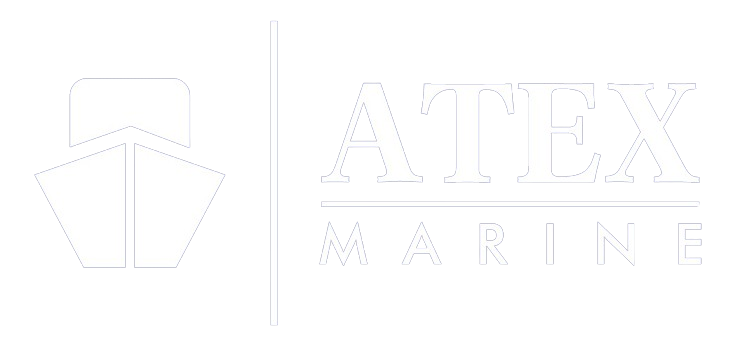AUTOMATION
Understanding Marine Fire Suppression Systems
Marine fire suppression systems are essential for safeguarding vessels and their occupants from fire hazards. These systems are designed to detect and suppress fires quickly and effectively, minimizing damage and ensuring safety. This guide will explore the different types of marine fire suppression systems and address frequently asked questions about their operation and maintenance.
Types of Marine Fire Suppression Systems
There are several types of marine fire suppression systems, each with its unique advantages and applications:
- Safe Gas Systems: These systems use inert gases or chemical agents to extinguish fires without causing harm to occupants or equipment. Common agents include FM-200, CO2, and Novec 1230.
- Water Mist Systems: Water mist systems use fine droplets of water to cool the fire and displace oxygen, effectively suppressing the flames. They are highly efficient and cause minimal water damage.
- Sprinkler Systems: Traditional sprinkler systems release water when a fire is detected, providing an immediate and effective response to fire outbreaks.
Benefits of Marine Fire Suppression Systems
Implementing a robust marine fire suppression system offers several benefits:
- Enhanced Safety: Quick fire suppression minimizes the risk of injury or loss of life.
- Property Protection: Effective suppression systems help protect valuable assets and reduce damage to the vessel.
- Regulatory Compliance: Compliance with maritime safety regulations and standards.
- Minimal Downtime: Rapid fire suppression can prevent extensive damage and reduce downtime for repairs.
10 Frequently Asked Questions (FAQs) about Marine Fire Suppression Systems
| FAQ | Answer |
|---|---|
| What is a marine fire suppression system? | A marine fire suppression system is a system designed to detect and suppress fires on vessels quickly and effectively. |
| How do safe gas fire suppression systems work? | Safe gas systems use inert gases or chemical agents to extinguish fires by displacing oxygen or interrupting the chemical reaction of the fire. |
| What are the advantages of water mist fire suppression systems? | Water mist systems are efficient, cause minimal water damage, and are effective at cooling the fire and displacing oxygen. |
| How do sprinkler systems operate on a vessel? | Sprinkler systems detect fire and release water to suppress it, providing an immediate and effective response. |
| Are marine fire suppression systems mandatory? | Yes, most vessels are required to have fire suppression systems to comply with maritime safety regulations. |
| How often should marine fire suppression systems be inspected? | They should be inspected regularly according to manufacturer guidelines and maritime regulations, typically annually. |
| Can marine fire suppression systems be manually activated? | Yes, many systems have manual activation options in addition to automatic detection and suppression. |
| What should be done after a fire suppression system is activated? | After activation, the affected area should be ventilated, and the system should be inspected and serviced to ensure readiness for future incidents. |
| What are the maintenance requirements for these systems? | Regular maintenance includes checking system components, testing alarms, and ensuring the availability of suppression agents. |
| Can marine fire suppression systems be integrated with other safety systems? | Yes, they can be integrated with other systems such as fire detection, alarms, and emergency lighting for comprehensive safety management. |
Conclusion
Marine fire suppression systems play a critical role in ensuring the safety and protection of vessels and their occupants. By understanding the different types of suppression systems and their benefits, as well as addressing common questions, vessel operators can make informed decisions about implementing and maintaining these essential safety measures.
